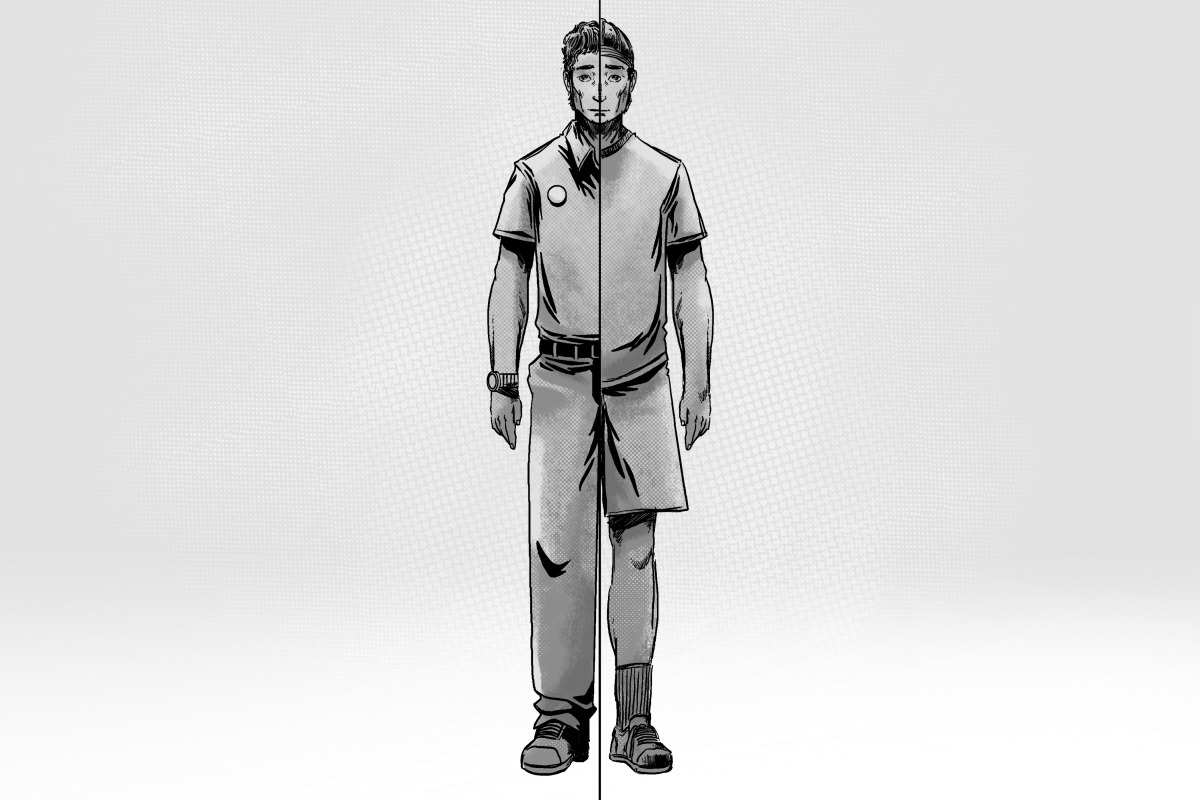The days of Blockbuster and Movie Gallery have passed, and now a new ritual of streaming online videos has been born. Netflix, Hulu and HBOgo — among others — have taken up the mantle of their aged predecessors and have proven themselves to be immensely influential, shaping the way we consume media and even changing our video preferences, albeit indirectly.
At one point, movies were king. But now, though bolstered by international sales, movie ticket sales have steadily declined for about a decade. In contrast, television watching has risen while subscriptions to streaming services have increased. And if one cares enough to look through, say, Netflix’s catalog of movies, one finds the most popular and most prevalent among its offerings are television shows.
“House of Cards,” “Arrested Development,” “Scandal,” “Mad Men,” “Breaking Bad” and “Orange is the New Black” (among many others) are all shows available for Netflix streaming, ranging from one to five seasons, and all centered around serious character development. Ever since “The Sopranos” made its way onto viewers’ television sets more than a decade ago, viewers can’t get enough of television shows that center on character development, which is something that movies can’t offer in the same way. Even with sequels, movie running times are about two to three hours on average, whereas one season (and perhaps an average of 13 episodes) of any show can easily be anywhere from 30 minutes to an hour, not including special-length episodes. And now that the quality of television has caught up with movies — with shows such as “Downton Abbey,” “Game of Thrones” and “Mad Men” having production qualities perhaps even exceeding films out in theaters today — a lot of viewers would rather watch several episodes of their favorite characters in the comfort of their own home rather than spend the money on going to the movies or even streaming movies at home.
Not to say that the day of movies is dead. That would be dramatic. Rather, movie watching is still enjoyed and people still stream movies, attend movies and gaze lovingly at the “David Lynch Ultimate Movie Fan Collection” that graces their shelves, but I think it can be argued that, especially in the past decade, more and more consumers are turning to television rather than movies as their main form of viewing entertainment.
It’s just that TV now is so dang good. The writing for so many shows is sharp and filled with brilliant character development that makes it incredibly appealing to watch. The closest thing I can think of to this effect is how people read books, particularly long series, such as Harry Potter and A Song of Ice and Fire. The Harry Potter series clocks in at around seven books (four of them so thick they could serve as doorsteps) while A Song of Ice and Fire has five at the time of this article, with plans for a sixth and seventh (and all of those books could easily be used a bludgeoning weapons). Point being, fans are so rabid about the characters in Harry Potter and ASOIAF that a combined billion pages of material, eight Harry Potter movies and three season of Game of Thrones still aren’t enough to satisfy true fans.
When the writing is good and the characters are fully fleshed out, then the clamor for their stories does not easily die down. This is why TV shows are so abundant on Netflix, Hulu and HBOgo — because in the end, sometimes a two-hour movie about Sherlock’s adventures isn’t enough. Sometimes there needs to be a BBC TV show. And maybe another one for Americans, with Lucy Liu. And if you disagree with anything or come up with a better answer, be sure to email me. I’ll get to it right after this episode of “Girls.”
Face-Off: The rise of TV character development
Donate to The Reflector
Your donation will support the student journalists of Mississippi State University. Your contribution will allow us to purchase equipment and cover our annual website hosting costs.





















































































